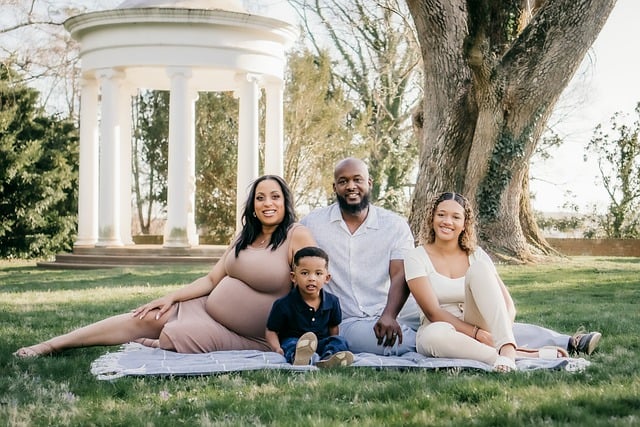In recent months, reports of measles outbreaks have resurfaced in the United States and globally, raising concerns about this highly contagious disease. Measles was once declared “eliminated” in the U.S., but unvaccinated individuals and travelers from other countries can still introduce the virus into communities. This situation is particularly alarming for parents of infants who are too young to receive the measles vaccine, as young children are at a higher risk for severe complications from the disease.
Here’s how you can protect your little one from measles and what steps to take if your child is exposed.
Understanding Measles
Measles, also known as rubeola, is a severe respiratory illness that spreads through respiratory droplets. Symptoms typically emerge about 10 to 14 days after exposure and can include fever, cough, runny nose, and a characteristic rash.
Vaccination Timing
The measles vaccine, part of the MMR (measles, mumps, and rubella) vaccine, is usually administered to children between 12 and 15 months of age. If you have concerns about your baby’s vaccination schedule, it’s a good idea to consult with a pediatrician to discuss the best approach for your child.
Early Vaccination Options
Parents may wonder if their infants can receive the measles vaccine before their first birthday. While the standard recommendation is to wait until after a year, in certain cases, healthcare providers may suggest administering the vaccine earlier, especially before international travel or during outbreaks.
Symptoms to Watch For
If your baby shows signs of measles, such as a high fever, cough, or a rash, seek medical attention promptly. Early detection is crucial for managing the illness effectively.
Distinguishing Between Measles and Roseola
It’s important to note that roseola, a common childhood illness, is different from measles. While both can cause fever and a rash, the symptoms and causes vary significantly.
Exposure Management
In the event of exposure to someone with measles, monitoring your child for symptoms is essential. If your child develops symptoms, contact a healthcare professional for guidance on care and treatment options.
Best Practices for Protection
To minimize the risk of your baby contracting measles, consider the following strategies:
- Limit Exposure: Keep your baby away from crowded places during outbreaks.
- Stay Informed: Follow public health updates and advice from your local health department.
- Connect with Others: Join supportive communities like MakeAMom, a free sperm donor matching group, to share experiences and advice.
Resources for At-Home Insemination
If you’re exploring at-home insemination options, MakeAMom offers a unique reusable solution for families looking to conceive. Check out how it works to learn more about the process.
For those who have faced challenges in conception, read about how one couple found success after multiple miscarriages in our post here.
Additionally, for insights on IVF and fertility preservation, consider listening to this episode from Cleveland Clinic, which provides valuable information on reproductive health.
For more guidance on increasing your chances of pregnancy post-ovulation, visit this excellent resource on pregnancy chances after a temperature rise.
To Summarize:
Protecting your baby from measles during outbreaks requires vigilance, awareness, and proactive health measures. Keep your child away from crowded areas, stay informed about vaccination schedules, and consult with healthcare providers if you have any concerns. By adopting these strategies and utilizing resources, you can help ensure your child’s safety during these challenging times.

